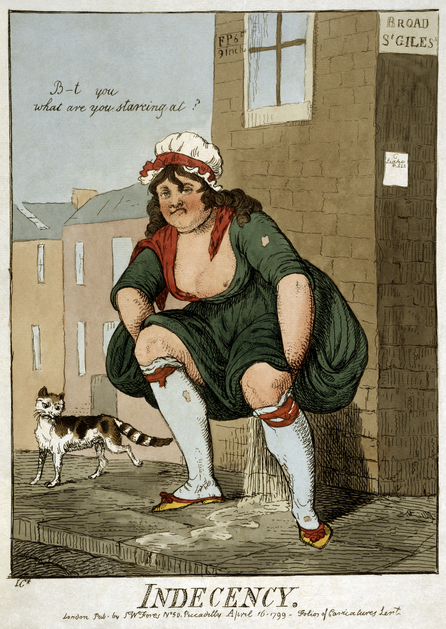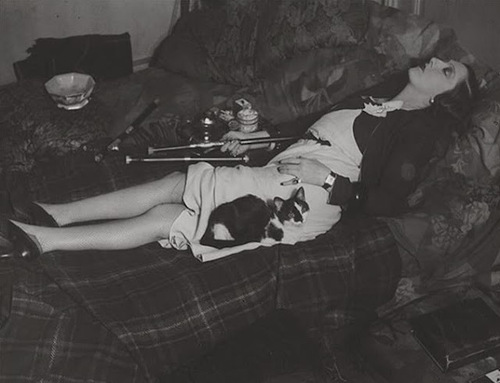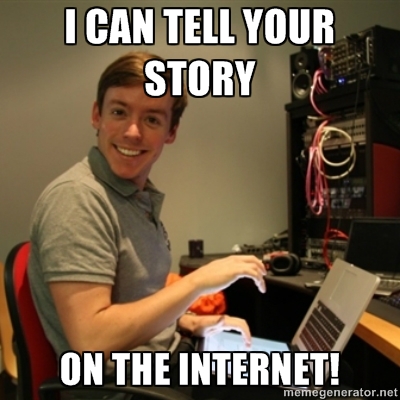A Tunnel, Not A Door: Exiting Conditioned, Generational Sex Work

This piece is adapted from a December 17th speech the author gave this year.
“You’re so lazy, you’ll never be anything but a whore. And you won’t even be a good whore because nobody wants to fuck a girl with a book in front of her face.”
When I was about twelve, as I lay on my bed reading, my father walked into my bedroom. When he saw me reclining and reading, that was what he told me. Funny thing, though: the student schtick really sells. Clients like to think they’re “funding” something worthwhile, like my education and not my drug habit. (I have both.)
My point is this: entry into and tenure in the sex industry is both constrained and conditioned by personal, historical and socio-economic contexts. In the movement, we talk about constraint whenever we talk about poverty. I think we avoid talking about conditioning, however, lest we reinforce stereotypes about hookers who were abused as children. But I don’t believe I became a sex worker by accident. I think I was conditioned, and I want to talk about it.
 My favorite aunt almost died a few weeks ago due to a burst colon, and it got me thinking about my own colon health. It was my birthday week and I’ve been eating so many fried things and drinking too much and eating birthday cake off of girls’ titties. As a result, my body just feels NUTS. I could use a little digestive fresh start, so I decided to schedule a colonic.
My favorite aunt almost died a few weeks ago due to a burst colon, and it got me thinking about my own colon health. It was my birthday week and I’ve been eating so many fried things and drinking too much and eating birthday cake off of girls’ titties. As a result, my body just feels NUTS. I could use a little digestive fresh start, so I decided to schedule a colonic.

